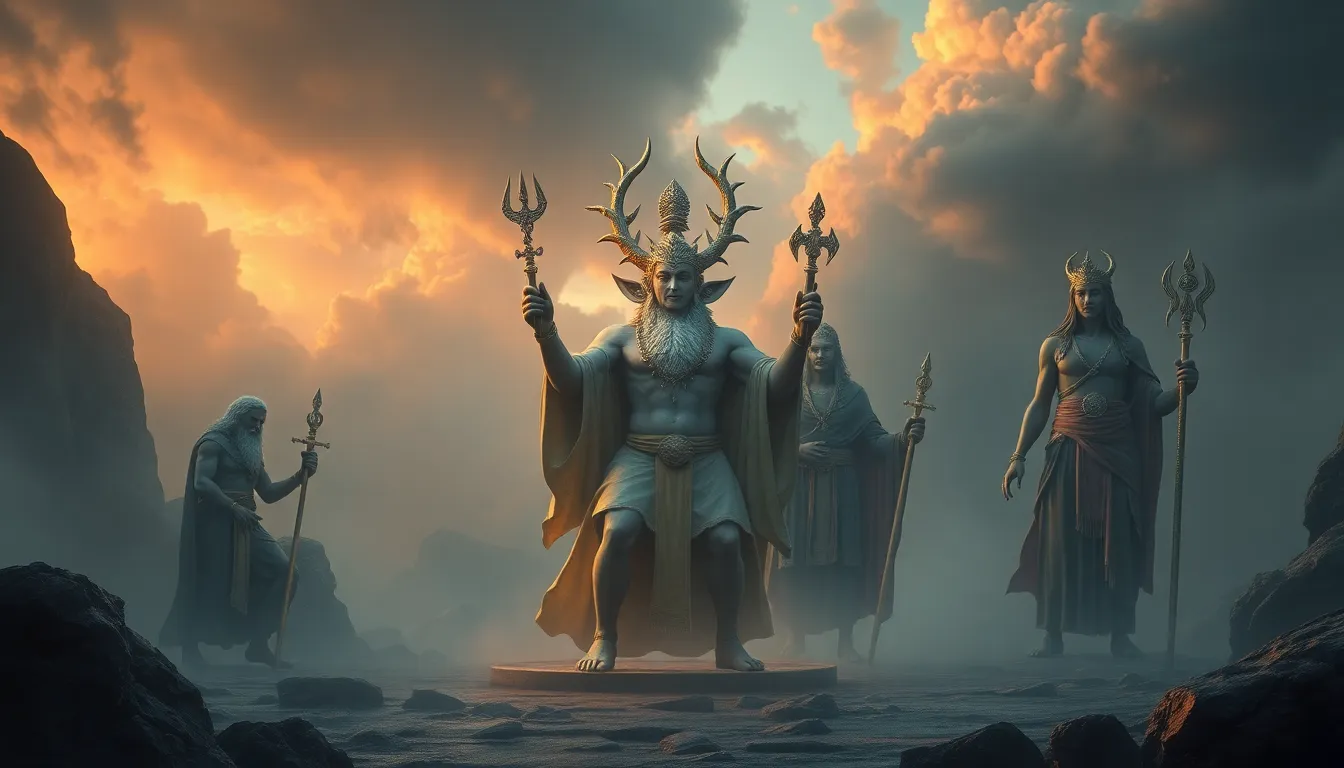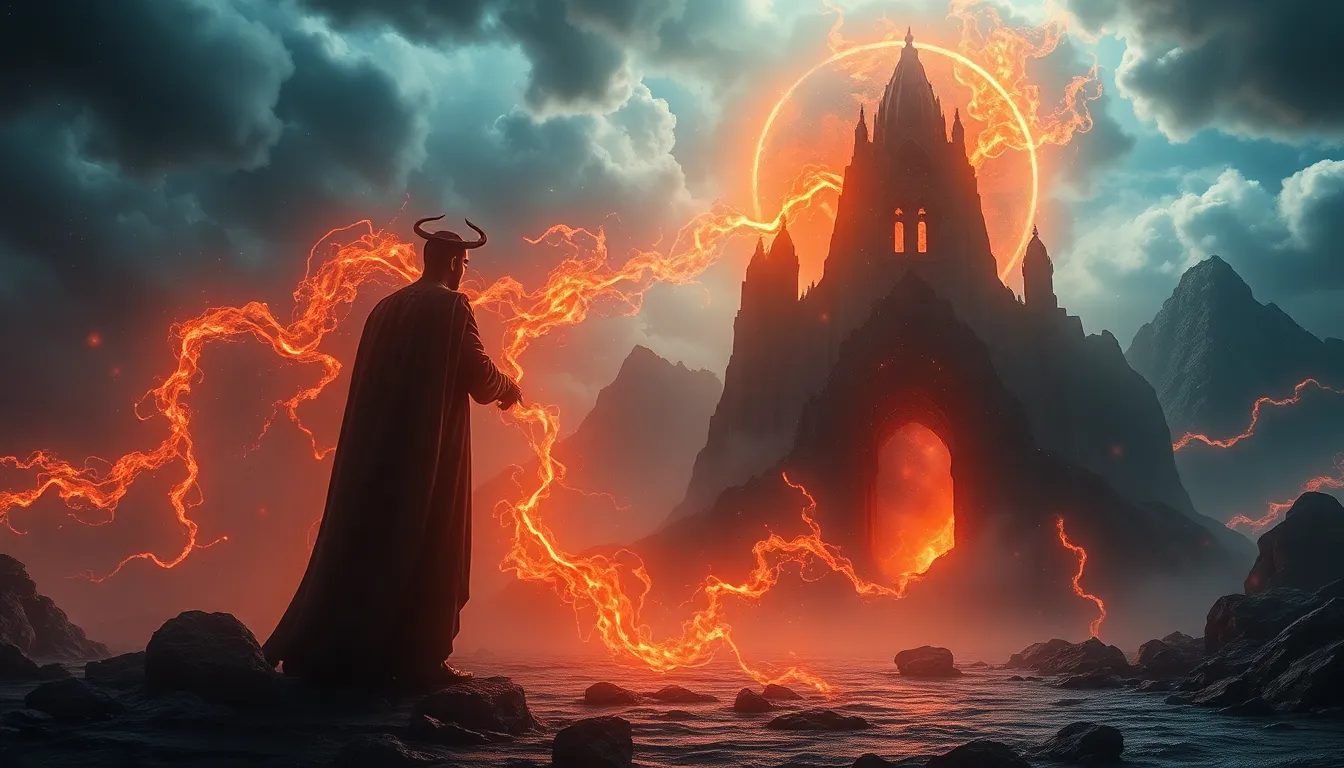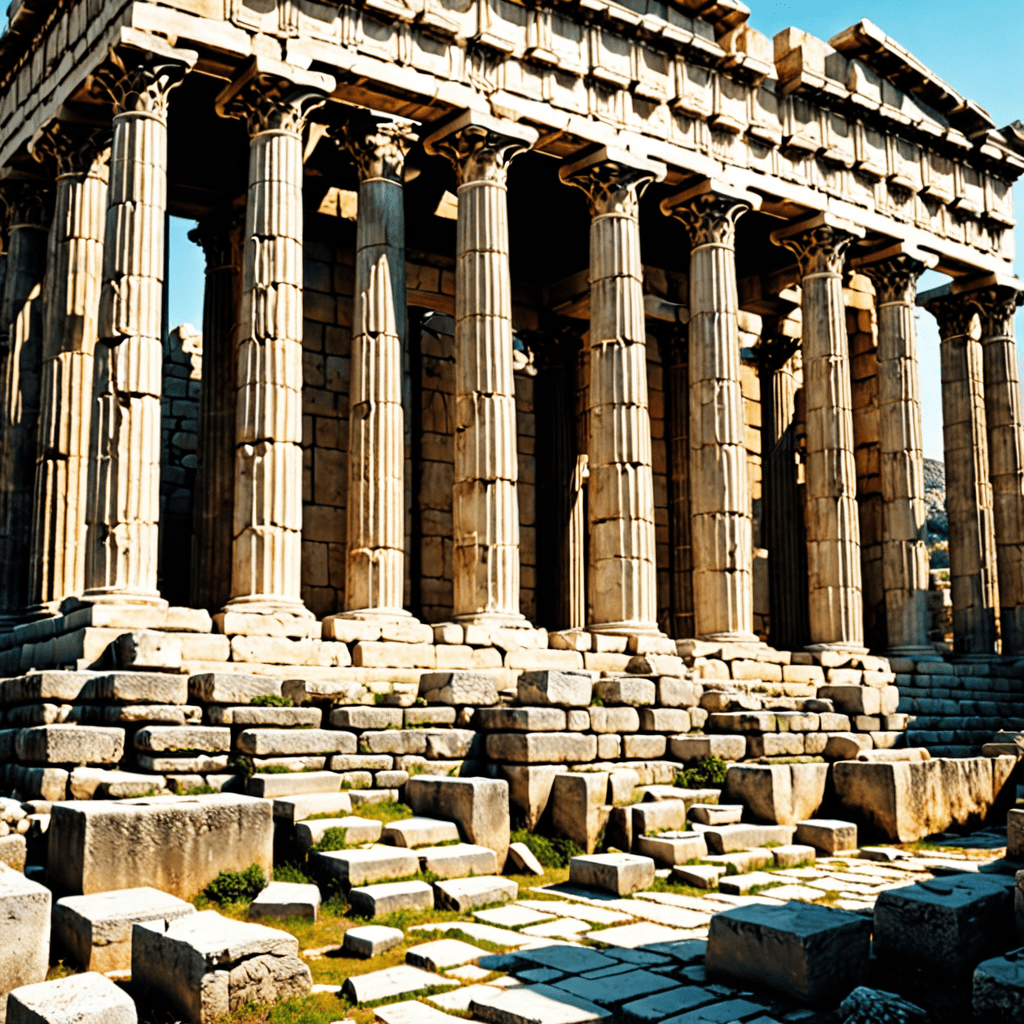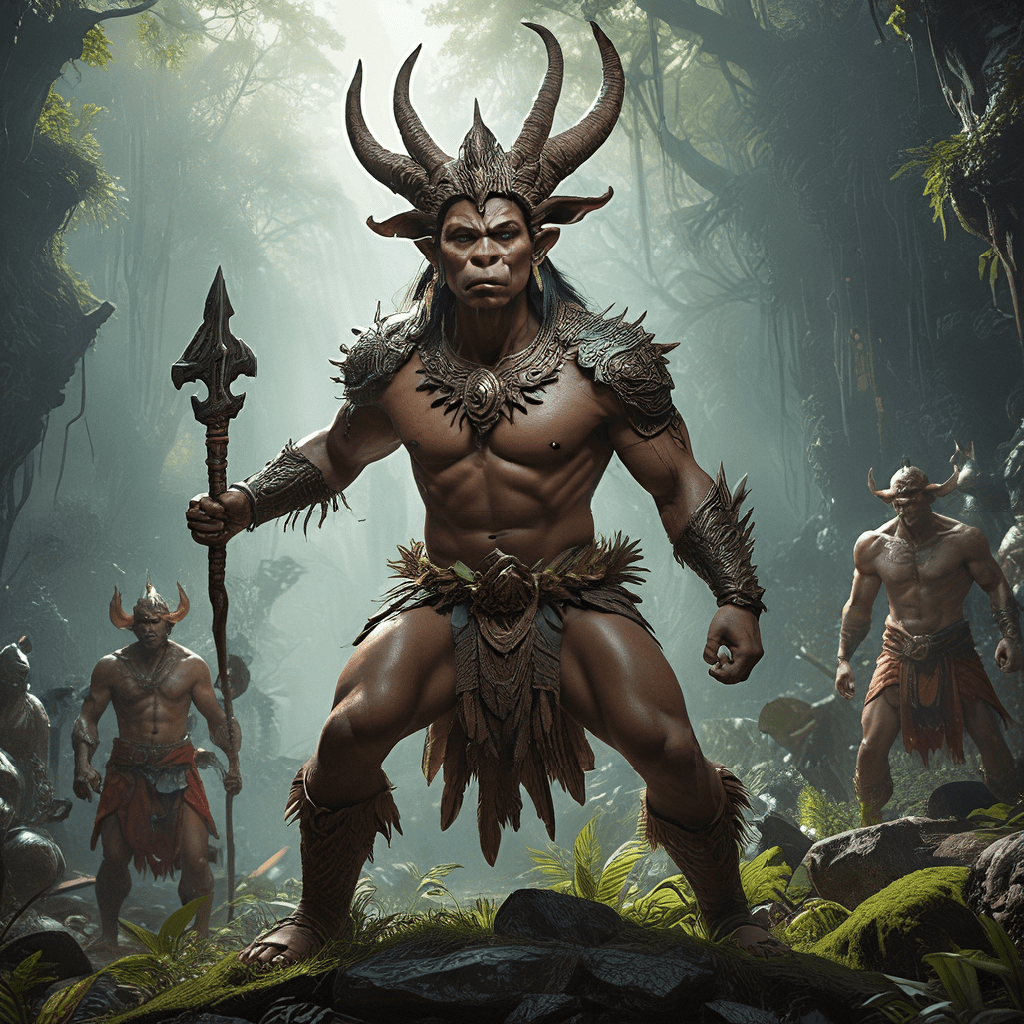The Most Fascinating Ancient Deities and Their Legendary Quests
Introduction to Ancient Deities: A Window into Human Belief Systems
Ancient deities have been a cornerstone of human civilization, serving as embodiments of natural phenomena, human emotions, and societal values. These divine figures played crucial roles in the belief systems of various cultures, influencing everything from daily life to moral codes. They represented not only the unknown forces of nature but also the complexities of human existence.
Throughout history, myths and legendary quests have provided frameworks for understanding the world, imparting lessons about virtue, courage, and the human condition. Common themes in these narratives often include creation, death, love, and the struggle between good and evil, reflecting the timeless concerns of humanity.
The Pantheon of Gods: Understanding Different Cultures
Each civilization has developed its own pantheon of gods, rich with stories and characteristics that reflect their unique cultural values. Here’s a brief comparison of some prominent ancient deities:
- Greek: Zeus, the ruler of Mount Olympus, symbolizing power and authority.
- Roman: Jupiter, akin to Zeus, representing law and order.
- Egyptian: Ra, the sun god, symbolizing creation and life.
- Norse: Odin, the all-father, associated with wisdom and war.
These myths not only entertained but also instilled values such as bravery, loyalty, and justice, shaping societal norms and behaviors.
Zeus: The King of the Gods and His Epic Battles
Zeus, the paramount deity of Greek mythology, is often depicted as a powerful figure wielding thunderbolts. His character embodies authority, justice, and control over the sky. Throughout Greek mythology, Zeus faced numerous challenges that tested his strength and resolve.
- The Titanomachy: His epic battle against the Titans, where he led the Olympians to victory.
- The Gigantomachy: His struggle against the Giants, symbolizing the triumph of order over chaos.
These legendary quests not only highlight Zeus’s might but also establish his role as the protector of Olympus and the enforcer of divine law.
Isis: The Resilient Mother Goddess of Ancient Egypt
In the heart of Egyptian mythology lies Isis, revered as the goddess of motherhood, fertility, and magic. She is most famously known for her quest to resurrect her husband, Osiris, after his murder by Set, the god of chaos.
Her legendary journey involved:
- Gathering the dismembered pieces of Osiris’s body.
- Using her magical abilities to bring him back to life.
- Establishing the first funerary rites and the concept of resurrection.
Isis’s story emphasizes themes of love, loss, and the strength of a devoted partner, making her one of the most significant figures in ancient mythology.
Thor: The Norse God of Thunder and His Adventures
Thor, the Norse god of thunder, is celebrated for his immense strength and heroic feats. Often depicted with his hammer, Mjölnir, he stands as a protector of humanity against various threats, particularly the giants.
Some key quests of Thor include:
- The Battle with the Giants: His numerous confrontations with the giants, who represent chaos and destruction.
- The Stolen Hammer: The adventure to retrieve Mjölnir after it is stolen by the giant Thrym, showcasing Thor’s bravery and cunning.
Thor’s tales resonate with the values of strength, loyalty, and the perpetual struggle against evil.
Anubis: The Guardian of the Underworld and His Trials
Anubis, the jackal-headed god, holds a crucial role in Egyptian mythology as the guardian of the underworld and the god of mummification. His primary function is to guide souls in the afterlife and ensure their safe passage.
Notable myths involving Anubis include:
- The weighing of the heart ceremony, where he assesses the deceased’s worthiness.
- His involvement in the mummification process, protecting the dead from decay.
Anubis represents the themes of death, transformation, and the importance of honoring one’s ancestors.
Athena: The Goddess of Wisdom and Her Strategic Quests
Athena, the Greek goddess of wisdom and warfare, is known for her strategic prowess and intellect. She is often portrayed as a warrior goddess who champions just causes and helps heroes in their quests.
Some of her legendary quests include:
- Guiding Odysseus: Athena aided Odysseus in his journey home, providing wisdom and support.
- The Trojan War: She played a pivotal role, influencing the outcome through her guidance and strategic advice.
Athena’s stories emphasize the importance of intelligence, courage, and the balance between war and peace.
Hercules: The Mortal Hero and His Divine Challenges
Hercules, a demigod famed for his incredible strength and heroic deeds, is best known for the Twelve Labors—a series of tasks imposed on him as penance. Each labor serves as a legendary quest that tests his endurance and valor.
The Twelve Labors include:
- Slaying the Nemean Lion.
- Capturing the Golden Hind of Artemis.
- Cleaning the Augean stables in a single day.
- Bringing back Cerberus from the Underworld.
Hercules’s journeys highlight themes of redemption, perseverance, and the struggle against insurmountable odds.
The Influence of Ancient Deities on Modern Culture
Ancient myths and deities continue to permeate modern culture, inspiring countless works of literature, film, and art. From movies like “Thor” to books like “Circe,” these stories are reimagined, showcasing their timeless relevance.
In contemporary society, the lessons embedded in these ancient tales still resonate:
- Exploring themes of heroism and sacrifice.
- Reflecting on moral dilemmas and human nature.
- Connecting with cultural identities and historical narratives.
The enduring legacy of these ancient deities is a testament to their profound impact on human creativity and thought.
Conclusion: The Enduring Legacy of Ancient Deities and Their Quests
The stories of ancient deities and their legendary quests have left an indelible mark on human culture and history. They provide insights into the values, fears, and aspirations of the societies that created them. Understanding these myths fosters a deeper connection to our shared human experience, transcending time and geography.
As we continue to explore and reinterpret these ancient narratives, we preserve the wisdom and lessons they impart, ensuring that the legacy of these fascinating deities endures for generations to come.



